For the first half of my life, I was a master manipulator, a weaver of grand stories, a long-distance runner and avoider of truths and responsibilities, and a victim of the highest order.
It can be very difficult for a person to admit to themselves that they have a victim mentality; facing this fact means you have to admit you are rather accustomed to feeling self-pity, as well as placing blame outside of yourself regularly.
These are hard admissions to make, let alone try to understand. Yet every person I’ve met who has made this leap from victim to self-aware has benefited in so many ways and has ultimately become a happier and more balanced person.
Victims are not born, they are made; it is usually through upbringing that a person becomes a victim. When a person is taught by those around them that they have no power, and learn by the example of their parents and caregivers that life is unfair and it isn’t their fault, it is simply a matter of transferring those feelings of victimization to young people.
Related: People With Victim Mentality: 7 Signs Someone Is ALWAYS Playing The Victim Role
It can be so detrimental to adopt this type of mentality, however, as a young person with a victim identity grows into an adult who cannot see much less control their own part in their unhappiness, drama, or life experiences.
A lack of accountability will ultimately lead to a dynamic disconnect between rational thinking, and hyper-reactive blame gaming.

Signs of Victim Mentality
1. Feelings of being victimized by others, life being unfair, being treated harshly for unknown reasons.
2. Lack of power to change one’s circumstances, even if those changes seem rational to others.
3. Misplaced anger directed towards family or friends who “don’t understand” or “never will!”
4. Feelings of isolation, being misunderstood, alienated, shunned, betrayed by loved ones or the world.
5. Inability to put one’s self into a position of accountability for the way one’s life is.
For the first half of my life, I was a master manipulator, a weaver of grand stories, a long-distance runner and avoider of truths and responsibilities, and a victim of the highest order.
It is my life’s passion to share what I know about awakening to Self-awareness, for one simple reason: I have been, and am, where you are as well. We teach what we’ve learned, and it took me the better part of four decades to truly begin to really grasp what true self-aware accountability truly is.
Now I am still as human as I ever was; however I have learned that through my humanity and often frail understanding of the world, that I can often jump to conclusions, act before thinking, and let my ego get the better of me, so I make it my daily and deepest duty to myself to think, slow down and truly think before speaking or acting, to better understand situations, people, and myself. I examine my part in things and hold myself responsible for the things I have done and said, wittingly or unwittingly.
Related: The Victim Mentality: Rising Above Victim Mentality and Getting Back Your Power
The Simplest Ways to Achieve Personal Empowerment
1. Drop any “us vs. them” thinking
Begin to see yourself as equal to all other people, equally worthy of love and good treatment, and equally capable of being erroneous, making mistakes, and screwing up. We are all human, we are all created equally, and we are all equally responsible for ourselves.
2. Start to make small changes in your everyday life to enforce a sense of power to yourself.
Do things that give you a sense of responsibility, and become accountable to yourself. Face small fears first, to enforce to yourself that you CAN. Then begin to truly believe this is true because you CAN.
3. Investigate your feelings – get to know how you feel and why you feel it. This is the beginning of self-awareness.
This is the most rewarding gift you can give yourself as a sentient being. Understanding why we feel the way we feel, where those feelings originate in our childhood, and why we operate the way we do is so rewarding, as well as illuminating. It frees us to step outside of our conditioning, and be more than we previously thought we were.
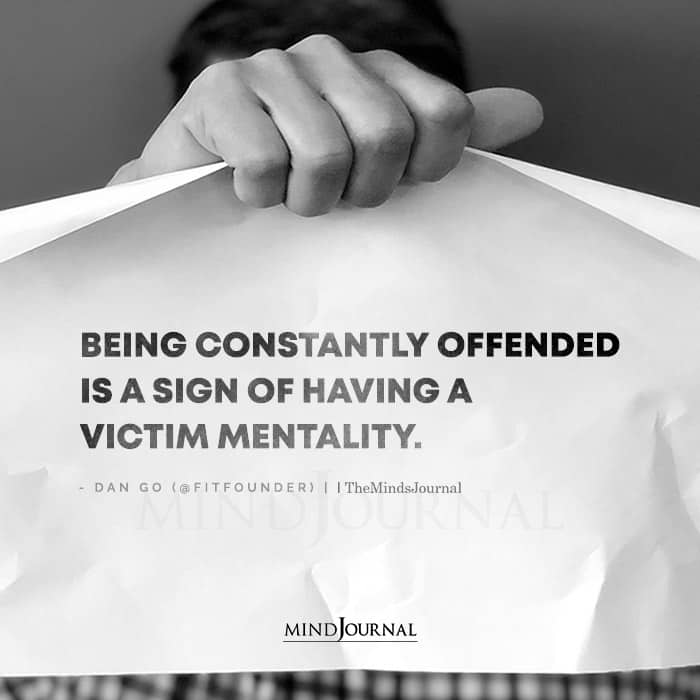
4. Realize it is okay to feel hurt, used, abused, neglected, betrayed, etc.
But it is not okay to languish in those feelings, or pull up a chair and live there. Nor is it okay to invite further abuse into your life simply because you’ve endured it already. And it is faulty logic to assume everyone else in the world is going to mistreat you too.
Related: 23 Signs You’re Suffering From a Victim Mentality And How To Deal With It
5. Let go of the need to place blame, in any and all situations; blame is pointless.
Instead, focus on your actions, your reactions, and your feelings, and work towards the knowledge that you are human, it’s okay to mess up, so long as you learn from your mistakes and move forward in life.
It is through a self-aware understanding of who we are that we become capable of screwing up in life without feeling guilty, making mistakes without feeling like we have to run away or build alibis or point the finger of blame when “bad things” happen to us.
Life isn’t fair or unfair, it is simply consistently chaotic, as this is the nature of the Universe. And it is constantly responding to our feelings, and what we are exuding vibrationally.
If you are sending out victim vibrations the Universe will very non-biasedly send you more of what you’re putting out. So you owe it to yourself to begin to explore and experiment with the vibrations of being in charge of yourself so that the Universe can adjust its output settings towards you.
When you shift the way you feel and behave, the Universe will shift naturally in turn, and your reality will change as a result. And this is the nature of life within the confines of polarity within our Galaxy.
So as a favor to yourself, and to the planet by an extension (because a happy you sends out ripples of happiness to the Earth) you owe it to yourself to:
- Get to know yourself – deeply.
- Be honest with yourself about who you are, and how you feel, and accept yourself completely.
- Realize that the Universe loves you as much as you love yourself – become responsible for intensifying that Love by loving yourself more profoundly.
- Let go of your attachments to drama, polarity, and self-pity. The best attention you can receive is your own positive honest aware attention.
Related: Overcoming Victim Mentality: The Truth About Victimhood That Can Heal You
Wishing you empowerment and sovereignty in each moment forward.
Written by Dee Bernstein Originally appeared on Wake Up World
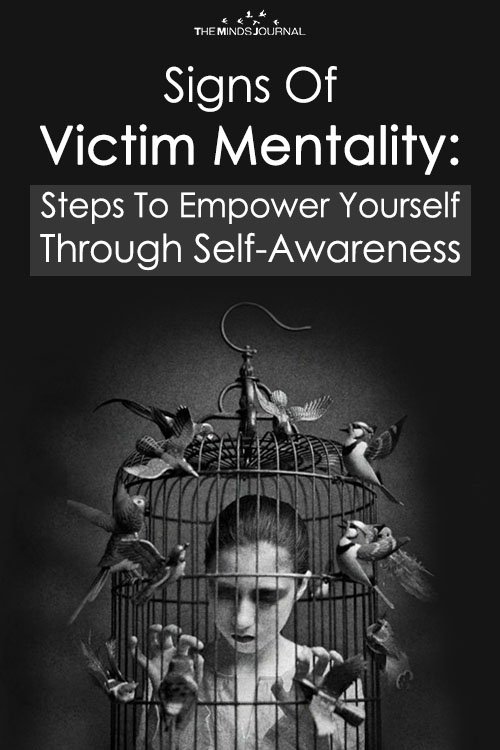
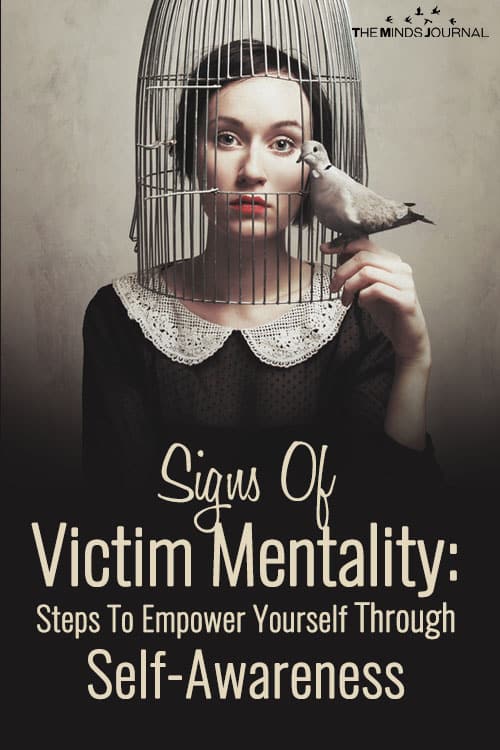
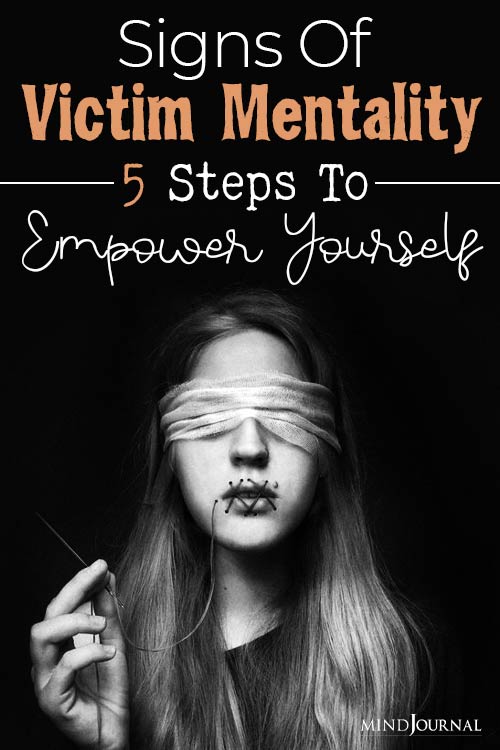

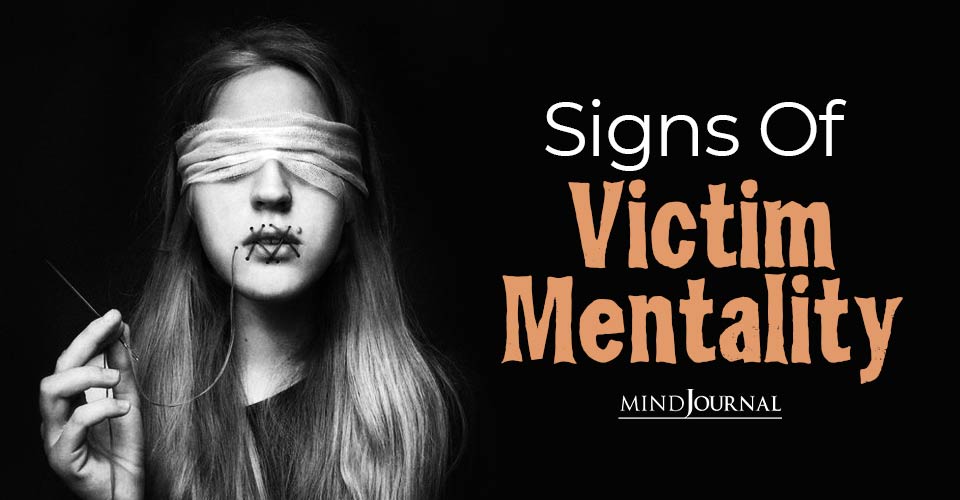



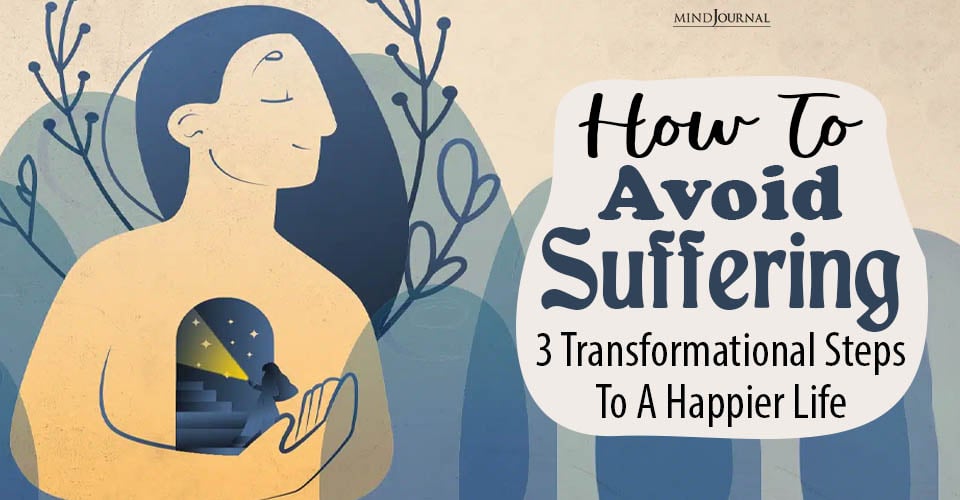
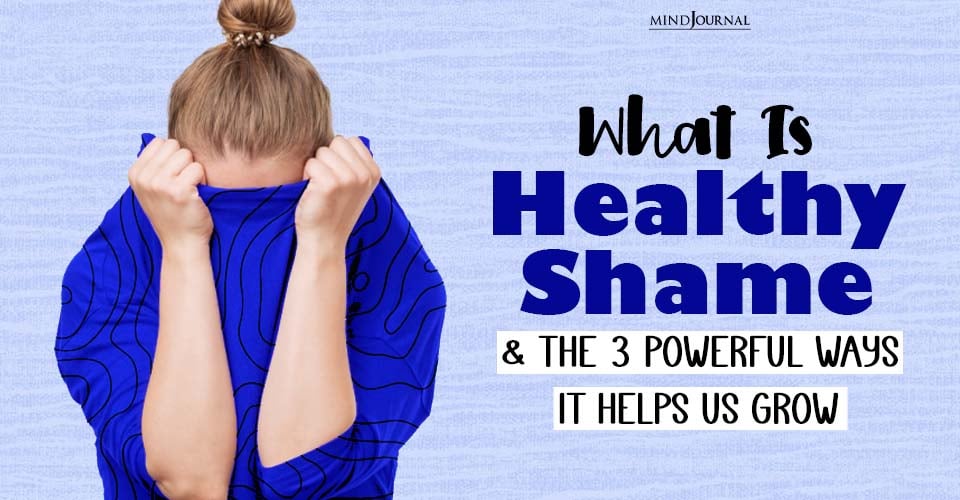
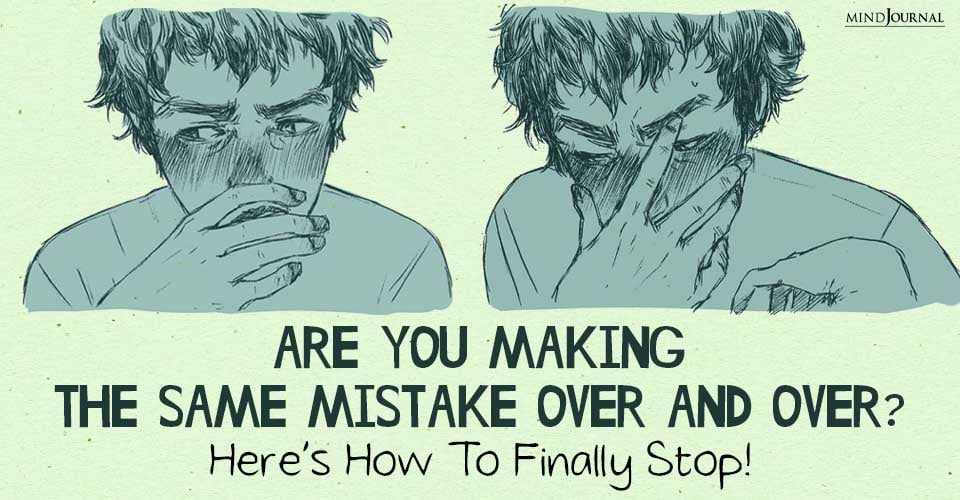
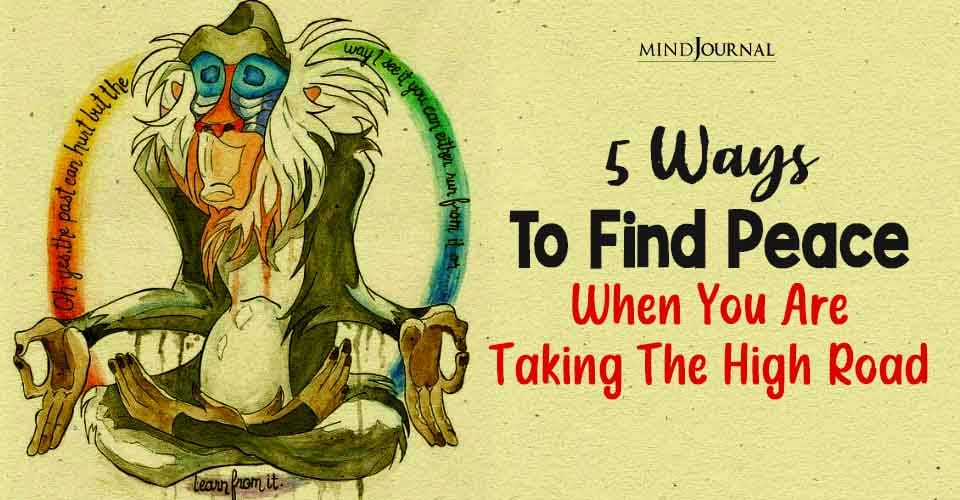
Leave a Reply